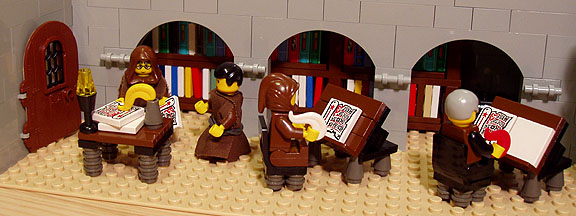Copying files during the build

Objectives
So far, we have installed things in our container images by downloading packages.
We can also copy files from the build context to the container that we are building.
Remember: the build context is the directory containing the Dockerfile.
In this chapter, we will learn a new Dockerfile keyword: COPY.
Build some C code
We want to build a container that compiles a basic "Hello world" program in C.
Here is the program, hello.c:
int main () {
puts("Hello, world!");
return 0;
}
Let's create a new directory, and put this file in there.
Then we will write the Dockerfile.
The Dockerfile
On Debian and Ubuntu, the package build-essential will get us a compiler.
When installing it, don't forget to specify the -y flag, otherwise the build will fail (since the build cannot be interactive).
Then we will use COPY to place the source file into the container.
FROM ubuntu
RUN apt-get update
RUN apt-get install -y build-essential
COPY hello.c /
RUN make hello
CMD /hello
Create this Dockerfile.
Testing our C program
Create
hello.candDockerfilein the same directory.Run
docker build -t hello .in this directory.Run
docker run hello, you should seeHello, world!.
Success!
COPY and the build cache
Run the build again.
Now, modify
hello.cand run the build again.Docker can cache steps involving
COPY.Those steps will not be executed again if the files haven't been changed.
Details
You can
COPYwhole directories recursively.Older Dockerfiles also have the
ADDinstruction.
It is similar but can automatically extract archives.If we really wanted to compile C code in a container, we would:
Place it in a different directory, with the
WORKDIRinstruction.Even better, use the
gccofficial image.